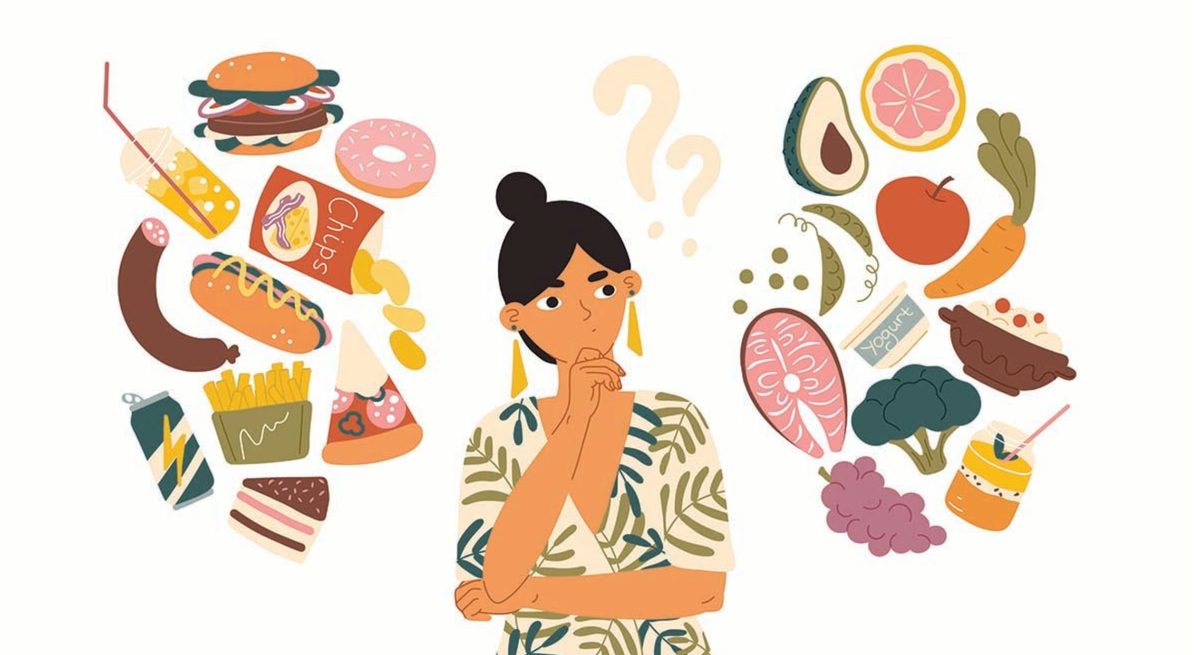Why do you make the choices you do?

Have you ever made a decision on something and then almost immediately gone, "why on earth did I do that?" It turns out our decision-making process is made up of a subtle combination of genetics, childhood, who our friends are and even what the weather is like. Oh, and there are decisions your sub-conscious makes for you. But more on that one in a bit.
A bit about choice 🤔
There has been a lot of work done on how we choose things, so much so there is such a thing as Choice theory. This came from a book of the same name by William Glasser, who argued that all choices are made to satisfy five basic needs: survival, love and belonging, power, freedom, and fun. But that feels a little narrow, according to people like Sheena Iyengar, a professor at Columbia Business School who studies choice and has published a book, The Art of Choosing.
First, Iyengar says, we need to split our decisions into two distinct types: fast decisions and slow ones. Fast decisions happen when our brains make assumptions about possible outcomes, and act on impulse, like when we hear a loud bang, your brain makes you jump. Slower decisions, meanwhile are those where an element of deliberation comes in. But, in both cases, says Iyengar, our brain relies on heuristics, or rules of thumb.
Our brains are always looking for ways to save energy and effort. So it uses previous experiences to help shorten the decision making process. Things like riding a bike or making a cup of tea are done effortlessly thanks to these little shortcuts. But while that's a masterstroke in efficiency, our brains can be lead astray.
Let's talk about bias, baby 👶
Bias is what happens when previous experience subtly acts on our decision making. Big, terrifying events are easier to recall than run-of-the-mill ones. That's why so many people are afraid of plane crashes, child abductions, and terrorism, which in reality are extremely rare, and blasé about car accidents, which kill more than 30,000 Americans a year. Knowing what decisions other people make can also lead us down the bias pathway, too.
In one experiment, researchers asked participants to guess how many dots they could see on a video screen. After they'd guessed, they were then told that 75-80% of people had overestimated the number of dots.
Even though they had never been told how they fared compared to others, their choice lead to an increase in dissatisfaction with their answers. And the impact of others goes beyond just what we know about others: we're influenced by how we're raised.
In another experiment, scientists looked at how culture plays a part in decision making. Asian-American and Anglo-American children were either allowed to choose a toy or were given one by their mothers.
The Asian-American children, who came from more collectivist backgrounds played more with the toys given to them by their parents. The Anglo-American children, who come from more individualistic societies played more with the toy they choose for themselves.
Mind changers ↔️
Perhaps the most interesting aspect of decision making is how rubbish we are at realising that we change our minds, all the time.
When researchers asked hundreds of college seniors to rank the importance of different job attributes during their first post-college job search, students preferred to have the "freedom to make decisions" and wanted "opportunities for creativity".
However, as the months went by and the students became more "realistic" in their job search, they tended to prefer more practical attributes, like "job security".
But then in the survey's final round, nearly all the students considered "income" as their priority. When the researchers then asked the students about this shift in priorities, the students were convinced they had always held these priorities, and hadn't, in fact, changed their minds.
The truth is, when it comes to making choices, the idea that we are logical, reasoning machines only picking the things that optimise the benefits and reduce the negatives is rubbish.
We are contradictory balls of thoughts and feelings that make good and bad decisions all the time. Helping ourselves be more aware of that is probably the best choice we can make.
Ok, where can I learn more? 📚
- The Paradox of Choice - a great book (I've dropped the Audiobook in here as it's a great way to experience it) by Barry Schwartz on how too many choices can lead to us feeling less happy.
- Sheena Iyengar did a TED talk on the art of choosing.
- The Choice Factory - This book looks at how some of the biases outlined above make us. buy and want different things.





